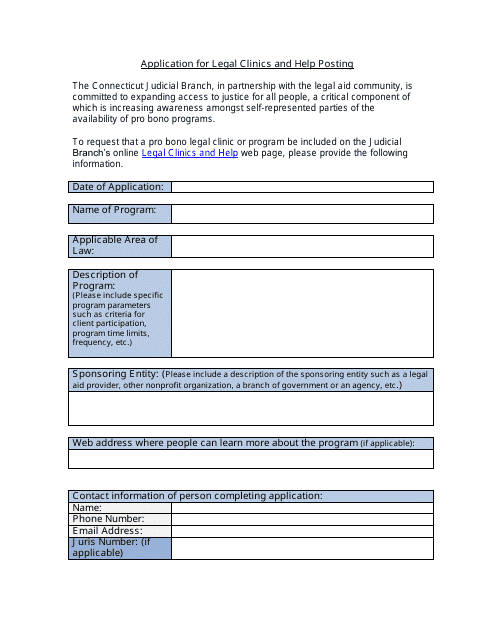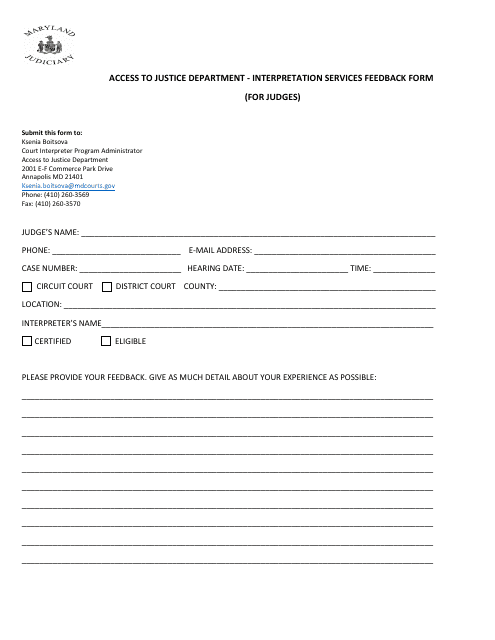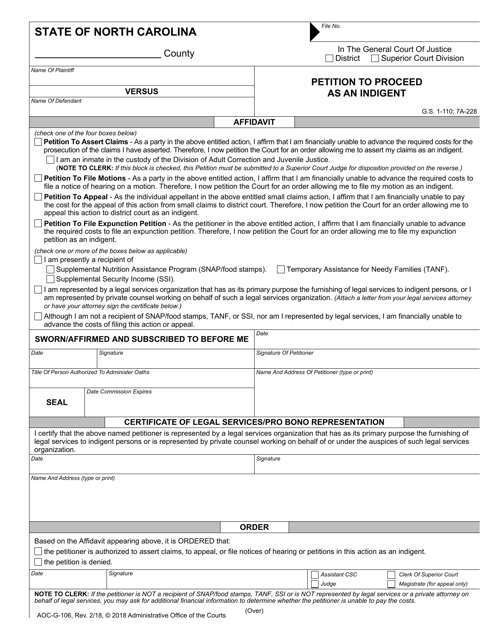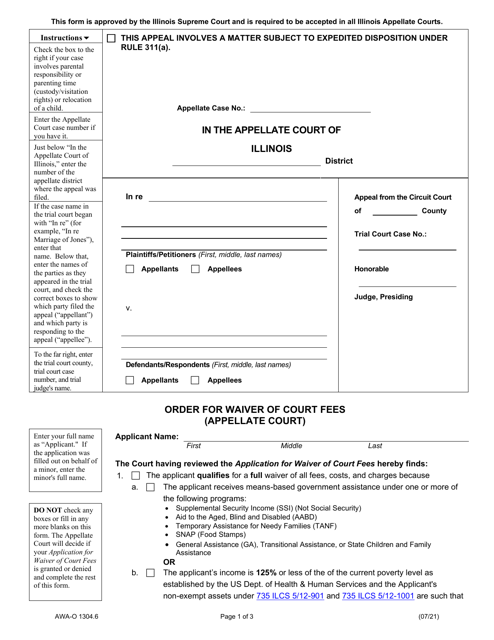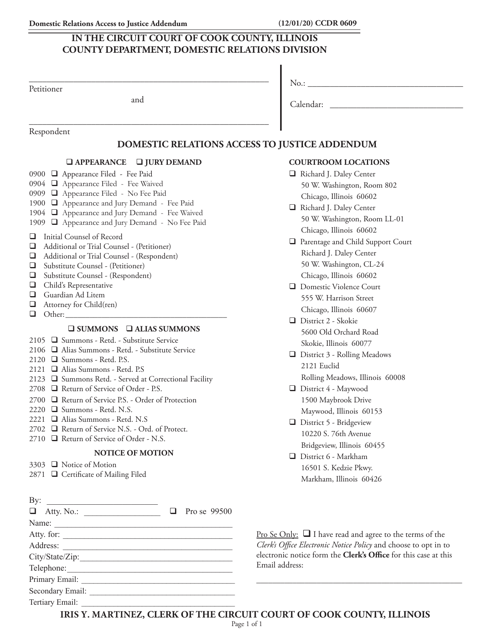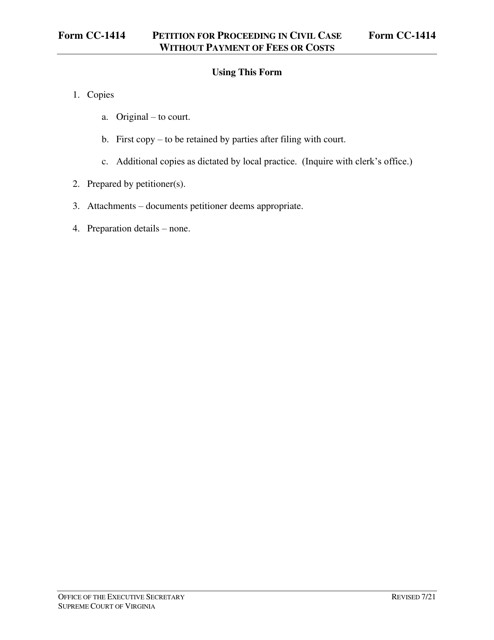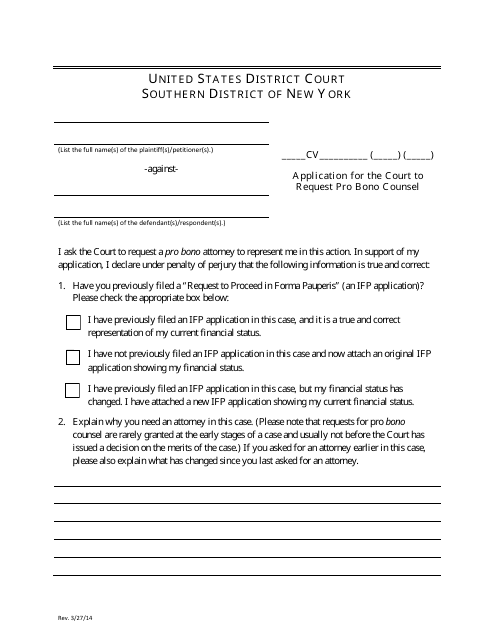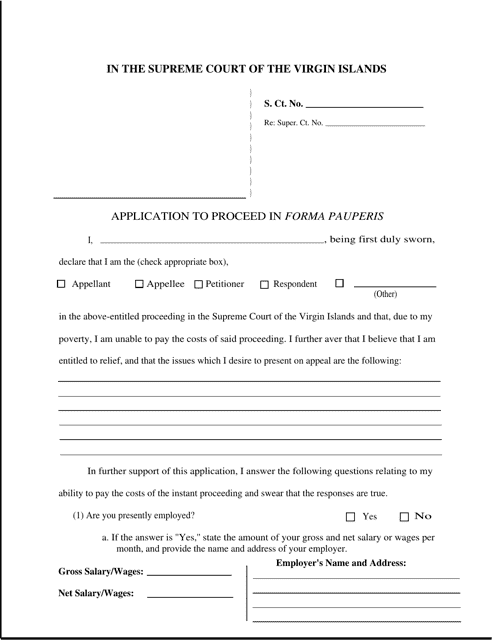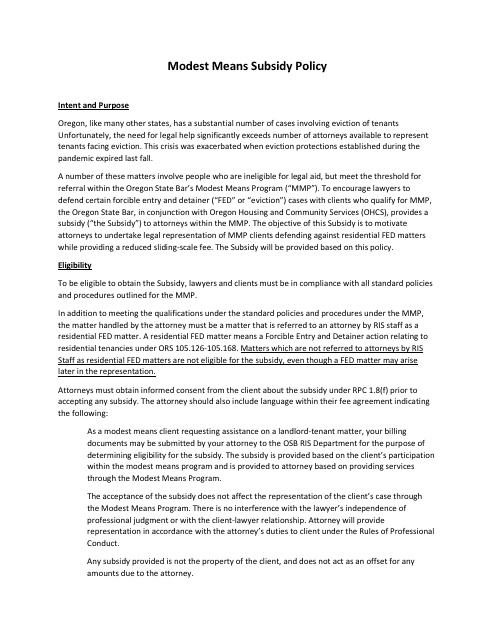Access to Justice Templates
Access to Justice
Providing fair and equal access to the legal system is a fundamental pillar of any just society. Access to Justice
ensures that everyone, regardless of their financial means or social background, can seek legal assistance and have their rights protected.At its core, Access to Justice
strives to eliminate barriers that may prevent individuals from fully participating in the legal process. It encompasses a wide range of services, programs, and initiatives designed to bridge the gap between the legal system and those in need.Through legal clinics and help postings, individuals can find the support they need to navigate complex legal procedures. These clinics offer guidance, advice, and representation to those who cannot afford private attorneys. They are a valuable resource for individuals facing legal challenges, such as family disputes, housing issues, or immigration matters.
In addition to legal clinics, interpreters play a crucial role in ensuring meaningful access to justice for non-English speakers. The Access to Justice
Department's interpretation services feedback form allows judges to assess the quality and effectiveness of interpretation services in their courtrooms. This valuable feedback helps improve communication and ensures that language barriers do not hinder people's right to a fair trial.To address financial barriers, many jurisdictions offer alternatives to paying court fees. Waiver of court fees forms can be filed by individuals who are unable to afford the associated costs. Similarly, the application to proceed in forma pauperis allows individuals to request permission to proceed with their cases without paying court fees. These measures promote economic inclusivity and ensure that everyone has the opportunity to seek justice, regardless of their financial situation.
Domestic relations cases often require special attention and support. The Domestic Relations Access to Justice
Addendum provides additional resources and services tailored to meet the unique needs of individuals and families involved in these types of cases. By addressing specific challenges related to family law matters, this addendum ensures that access to justice is comprehensive and meets the needs of those involved.Access to Justice
is about more than just providing legal aid; it is a commitment to uphold the principles of fairness and equality within the legal system. By removing barriers and increasing access, we can strive towards a more just and inclusive society for all.Documents:
9
This document is for individuals seeking legal clinics and help posting in Connecticut.
This form is used for judges in Maryland to provide feedback on interpretation services provided by the Access to Justice Department.
This document is a Petition to Proceed as an Indigent in North Carolina. It is used by individuals who cannot afford the costs associated with a court case.
This form is used for requesting a waiver of court fees in the state of Illinois. It is for individuals who cannot afford to pay the fees associated with their court case.
This form is used to request access to justice for domestic relations cases in Cook County, Illinois.
This document is for individuals in Virginia who are unable to afford the filing fees and costs for a civil case. It provides instructions for filling out Form CC-1414 Petition for Proceeding in Civil Case Without Payment of Fees or Costs.
This document is used to apply to request pro bono counsel from the court in New York. It is for individuals who are unable to afford legal representation and need assistance.
This document is used for applying to proceed in forma pauperis in the Virgin Islands, which means seeking to have court fees waived due to a lack of financial resources.

